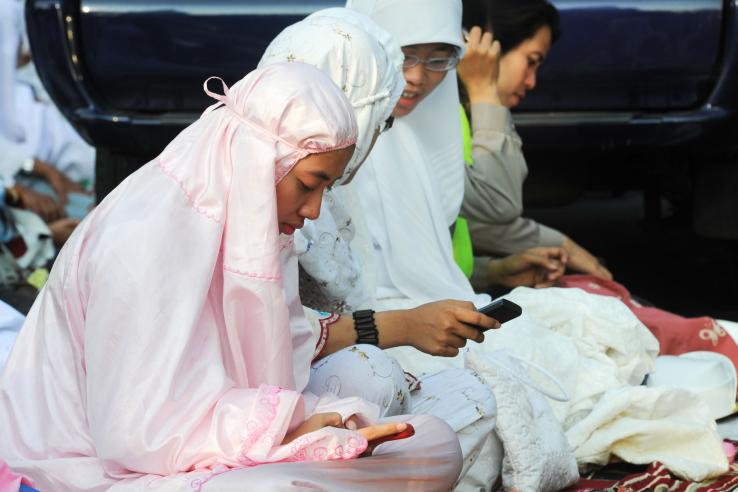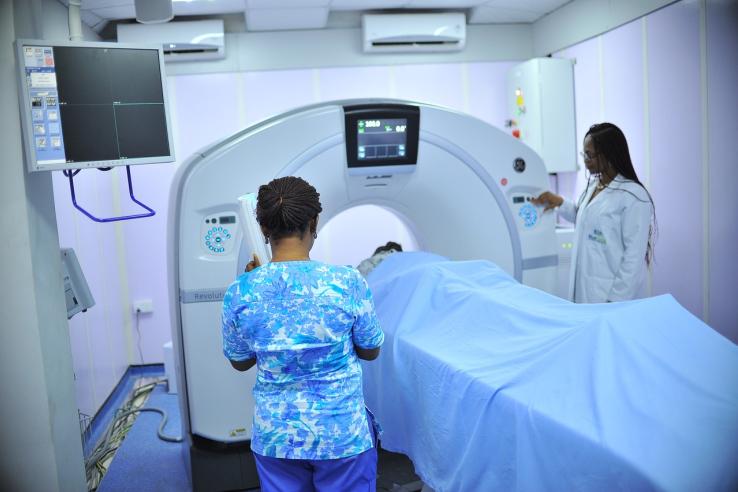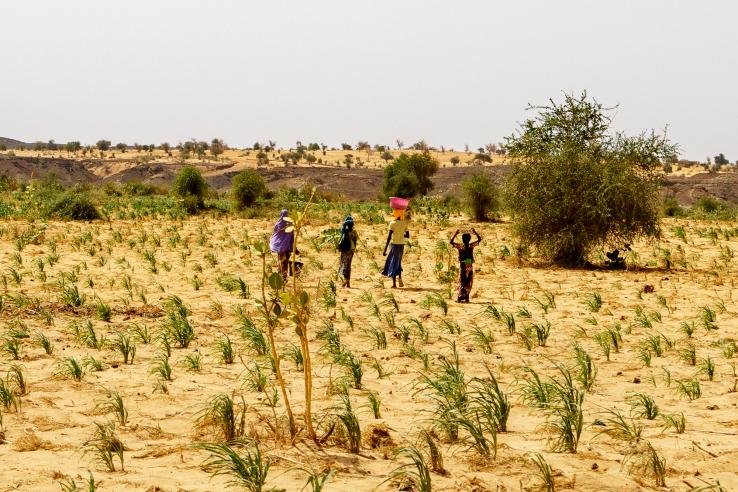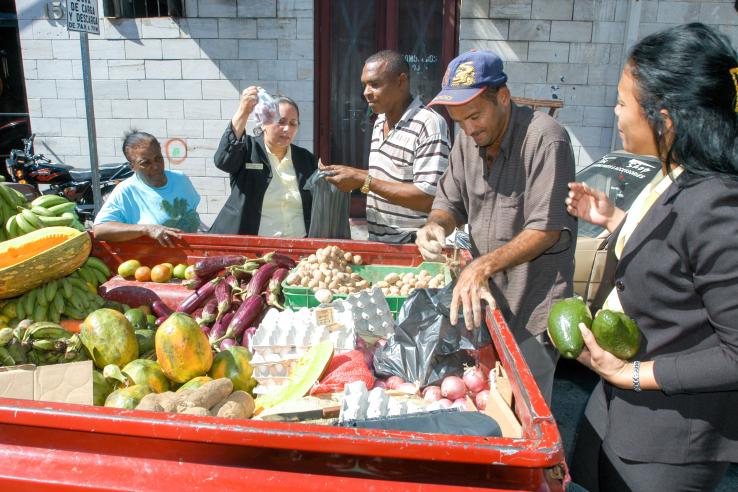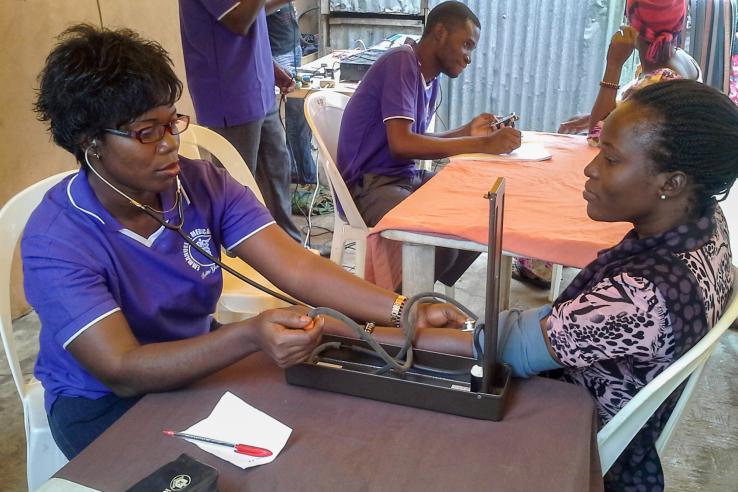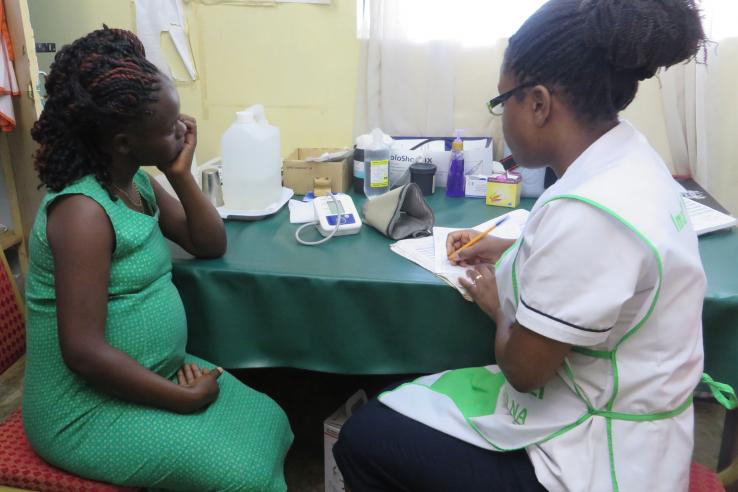Displaying 1186 - 1200 of 1288
Evaluation
Researchers used data on lottery winners in Sweden to determine whether receiving an influx of cash affected the labor supply decisions of winners and their spouses. They found that lottery winners reduced their labor supply, suggesting that cash transfers can have an effect on labor market outcomes.
Evaluation
Researchers partnered with a large Indonesian Islamic bank to evaluate the impact of sending moral appeals in reminder text messages to late-paying credit card holders. Messages stating that non-repayment of debts by someone who is able to repay is an injustice increased the number of clients meeting minimum payments, proving more effective than substantial financial incentives for repayment.
Evaluation
Researchers are studying the impact of a clinical decision support system on the ordering of high-cost scans.
Evaluation
Researchers introduced two programs during peak consumption hours—text messages encouraging energy conservation for the benefit of society, or price increases—to evaluate the impact of social motivation and dynamic pricing on energy conservation. Both programs led to reductions in electricity use, but the impacts of the dynamic pricing were larger and persisted for longer than the impacts of the social motivation messages.
Evaluation
In the United States, many people who are eligible for social and economic benefits do not claim those benefits. Researchers partnered with the U.S. Internal Revenue Service (IRS) to test the effectiveness of different messages to taxpayers designed to encourage them to claim certain tax benefits.
Evaluation
In partnership with Concern Worldwide, researchers examined the relative effectiveness of traditional versus mobile cash transfers in Niger. Households who received electronic transfers had more diverse diets than those who received traditional cash transfers, in part due to time savings and shifts in women’s decision-making power within the household.
Evaluation
Despite the initial promise of microcredit, randomized evaluations have found at best modest effects of microloans on poverty. Digitized payments from government cash transfer programs provide a unique opportunity to offer microcredit while addressing some of its shortcomings, potentially reducing interest rates, default risk, and repayment issues. Researchers are partnering with IPA, Banco BDH León, Banco ADOPEM, and Progresando con Solidaridad (or ProSoli, the Dominican Republic’s government-to-person transfer program), to test whether loans with automatic repayment through ProSoli lead to more productive investments and higher profits and income, leading to higher consumption, wellbeing, and graduation from the transfer program.
Evaluation
This study evaluated the impact of strongly-worded peer comparison review letters sent to high prescribers of quetiapine by the Centers for Medicare & Medicaid Services (CMS) on prescribing behavior and patient-level outcomes. Researchers found that the letters caused substantial and long-lasting reductions in quetiapine prescribing, with no evidence of negative effects on patients.
Evaluation
Researchers evaluated whether cash transfers and decision-making nudges could help low-income pregnant women in Nairobi, Kenya deliver where they wanted and in a high-quality facility. They found that cash transfers, conditioned on precommitment to a delivery facility, led to more effective birth planning and increased the likelihood that women delivered at higher-quality facilities.

